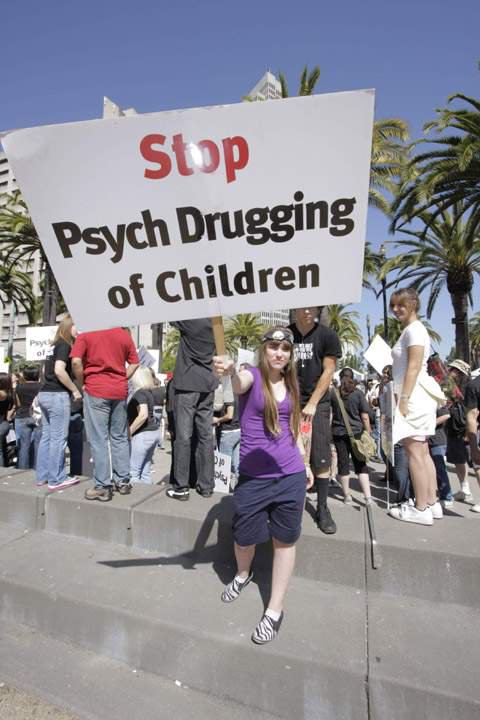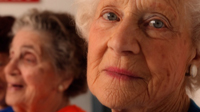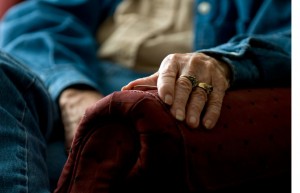
American Psychiatric Association Protest—This Weekend, Philadelphians Can Say “Screw You” to Normal
This weekend, there’s going to be an Occupy day of protest and rallies in Philadelphia—but not by Occupy Philly. On Saturday, activists will come from all over the country for Occupy the APA, a peaceful day of action to protest the new edition of the Diagnostic and Statistical Manual of Mental Disorders (DSM-V), which is being rolled out at the annual meeting of the American Psychiatric Association (APA) at the Convention Center. Unlike other protests that sometimes divide the mental health advocacy community, this protest will include people from diverse constituencies—from psychiatrists and those who take medications to psychiatric “survivors” who believe psychiatry is dangerously abusive.






SHARE YOUR STORY/COMMENT: